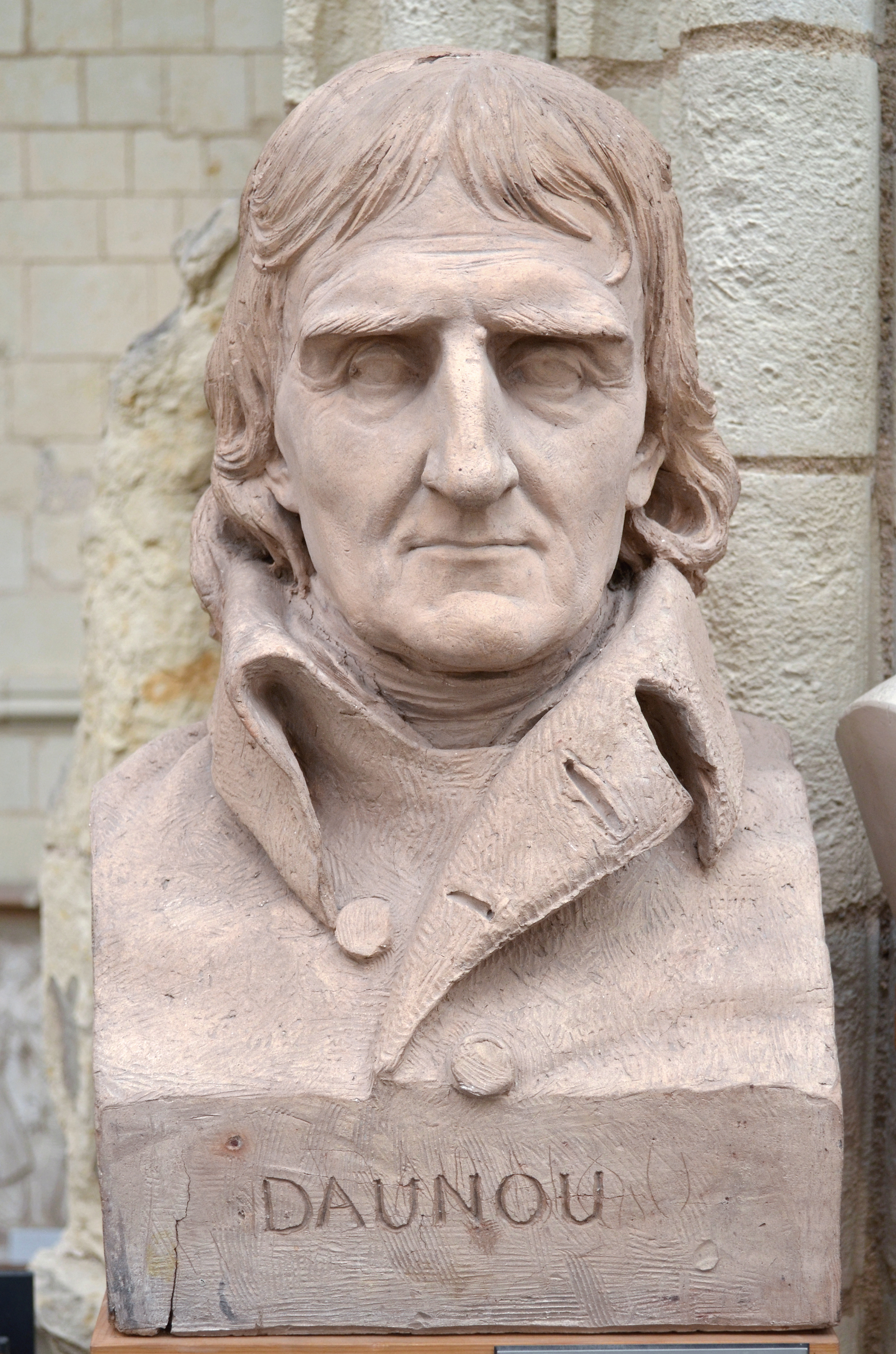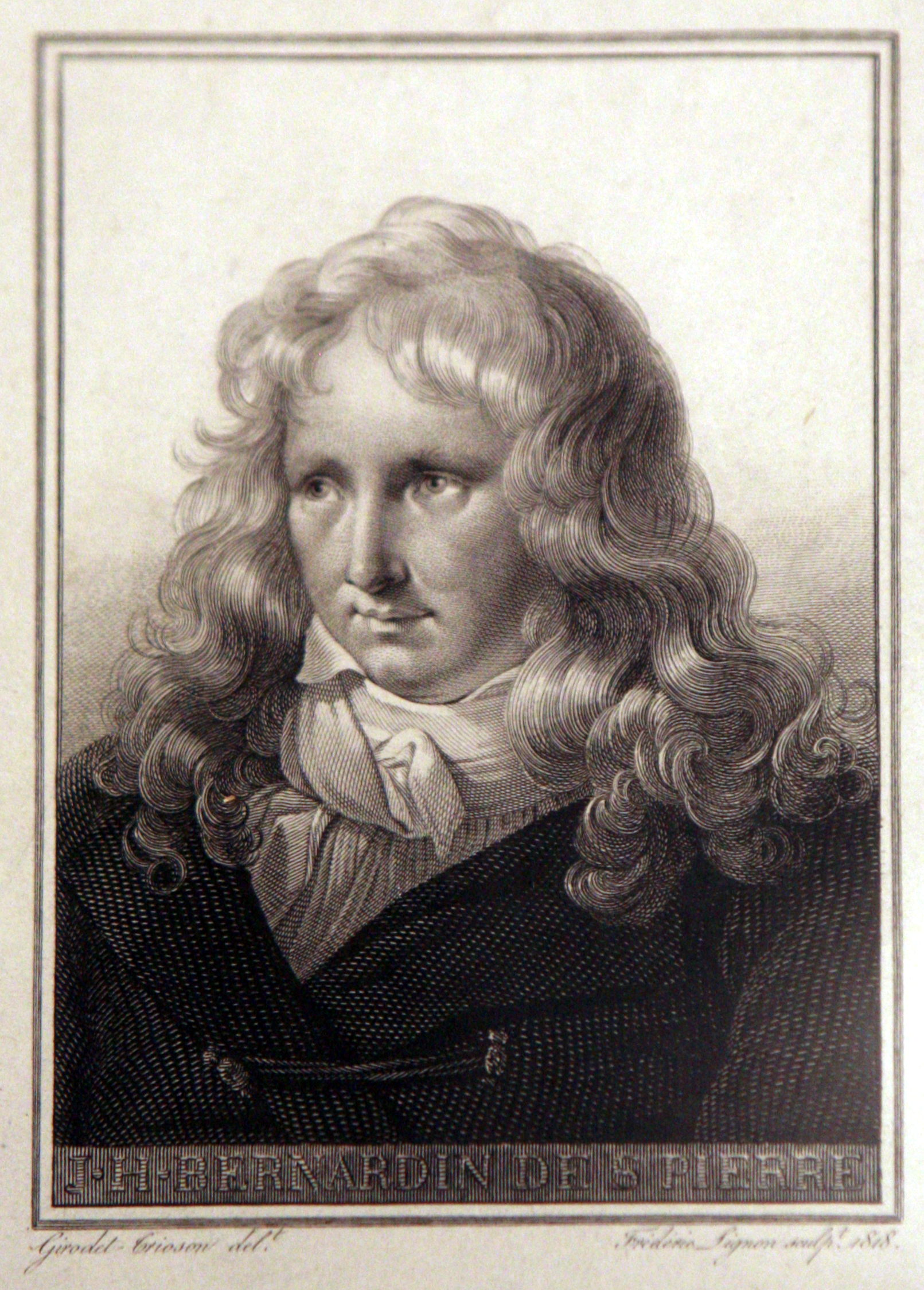|
Society Of The Friends Of Truth
The Society of the Friends of Truth (Amis de la Verité), also known as the Social Club (French: ''Cercle social''), was a French revolutionary organization founded in 1790. It was "a mixture of revolutionary political club, the Masonic Lodge, and a literary salon". It also published an influential revolutionary newspaper, the ''Mouth of Iron''. The inception The Society of the Friends of Truth was established by Nicholas Bonneville and Claude Fauchet, who announced its birth in the popular press on 21 February 1790. The original purpose of the club was to become a "clearing-house" for correspondence between and among scholars from all over Europe. In the spirit of its founders, the club wished to cultivate a "public mandate" under which its activities would be governed. Thus, its newsletter, ''Mouth of Iron'' (''La Bouche de fer''), solicited letters from readers to comment on political affairs and to issue denunciations of counter-revolutionary plots. The club was actually ... [...More Info...] [...Related Items...] OR: [Wikipedia] [Google] [Baidu] |
Jacobin
, logo = JacobinVignette03.jpg , logo_size = 180px , logo_caption = Seal of the Jacobin Club (1792–1794) , motto = "Live free or die"(french: Vivre libre ou mourir) , successor = Panthéon Club , formation = 1789 , founder = Maximilien Robespierre , founding_location = Versailles, France , dissolved = , type = Parliamentary group , status = Inactive , purpose = Establishment of a Jacobin society * 1789–1791: abolition of the Ancien Régime, creation of a parliament, introduction of a Constitution and separation of powers * 1791–1795: establishment of a republic, fusion of powers into the National Convention and establishment of an authoritarian-democratic state , headquarters = Dominican convent, Rue Saint-Honoré, Paris , region = France , methods = From democratic initiatives to public violence ... [...More Info...] [...Related Items...] OR: [Wikipedia] [Google] [Baidu] |
Pierre Claude François Daunou
Pierre Claude François Daunou (; 18 August 176120 June 1840) was a French statesman of the French Revolution and Empire. An author and historian, he served as the nation's archivist under both the Empire and the Restoration, contributed a volume to the ''Histoire littéraire de la France'', and published more than twenty volumes of lectures he delivered when he held the chair of history and ethics at the Collège de France. Early career He was born at Boulogne-sur-Mer. After studying at the school the Oratorians operates there, he joined the order in Paris in 1777. He was professor in various seminaries from 1780 to 1787, when he was ordained a priest. He had by then published essays and poems that established his reputation in literary circles. With the onset of the French Revolution, he supported the Civil Constitution of the Clergy; a proffered appointment to a high Catholic Church office failed to induce him to alter his position. Elected to the National Convention by ... [...More Info...] [...Related Items...] OR: [Wikipedia] [Google] [Baidu] |
Brumaire
Brumaire () was the second month in the French Republican calendar. The month was named after the French word for fog, ''brume'', fog occurring frequently in France at that time of the year. Brumaire was the second month of the autumn quarter (''mois d'automne''). It started between 22 October and 24 October. It ended between 20 November and 22 November. It follows the Vendémiaire and precedes the Frimaire. In political/historical usage, Brumaire can refer to the coup of 18 Brumaire in the year VIII (9 November 1799), by which General Napoleon Bonaparte overthrew the government of the Directory to replace it with the Consulate, as referenced by Karl Marx in his pamphlet, ''The Eighteenth Brumaire of Louis Bonaparte'', in which Marx parallels Napoleon's original coup with the later 1851 Coup of his nephew, Louis-Napoleon Napoleon III (Charles Louis Napoléon Bonaparte; 20 April 18089 January 1873) was the first President of France (as Louis-Napoléon Bonaparte) from 1848 ... [...More Info...] [...Related Items...] OR: [Wikipedia] [Google] [Baidu] |
9 Thermidor
The Coup d'état of 9 Thermidor or the Fall of Maximilien Robespierre refers to the series of events beginning with Maximilien Robespierre's address to the National Convention on 8 Thermidor Year II (26 July 1794), his arrest the next day, and his execution on 10 Thermidor Year II (28 July 1794). In the speech of 8 Thermidor, Robespierre spoke of the existence of internal enemies, conspirators, and calumniators, within the Convention and the governing Committees. He refused to name them, which alarmed the deputies who feared Robespierre was preparing another purge of the Convention. On the following day, this tension in the Convention allowed Jean-Lambert Tallien, one of the conspirators whom Robespierre had in mind in his denunciation, to turn the Convention against Robespierre and decree his arrest. By the end of the next day, Robespierre was executed in the Place de la Revolution, where King Louis XVI had been executed a year earlier. He was executed by guillotine, like the o ... [...More Info...] [...Related Items...] OR: [Wikipedia] [Google] [Baidu] |
Jean-Marie Roland
Jean-Marie is both a given name and a surname. Notable people with the name include: * Jean-Marie Abgrall (born 1950), a French psychiatrist, criminologist, specialist in forensic medicine, cult expert, and graduate in criminal law * Jean-Marie Charles Abrial (1879–1962), a French Admiral and Minister of Marine of France * Jean-Marie Andre (born 1944), a Belgian scientist * Jean-Marie Auberson (1920–2004), a Swiss conductor and violinist * Jean-Marie Balestre (born 1921), a president of FISA * Jean-Marie Basset (born 1943), a French chemist * Jean-Marie Beaupuy (born 1943), a French politician * Jean-Marie Benjamin, a priest * Jean-Marie Beurel (1813–1872), a French Roman Catholic priest * Jean-Marie Bockel (born 1950), a French politician * Jean-Marie Buchet, a Belgian film director * Jean-Marie Cavada (born 1940), a French politician * Jean-Marie Charpentier (20th century), a French architect and urban planner * Jean-Marie Chopin (19th century), a Russian explorer of the C ... [...More Info...] [...Related Items...] OR: [Wikipedia] [Google] [Baidu] |
Jacques Pierre Brissot
Jacques Pierre Brissot (, 15 January 1754 – 31 October 1793), who assumed the name of de Warville (an English version of "d'Ouarville", a hamlet in the village of Lèves where his father owned property), was a leading member of the Girondins during the French Revolution and founder of the abolitionist Society of the Friends of the Blacks. Some sources give his name as Jean Pierre Brissot. Biography Early life and family Brissot was born at Chartres, the 13th child of a tavern keeper. He received an education and worked as a law clerk; first in Chartres then in Paris. He later moved to London because he wanted to pursue a literary career. He published many literary articles throughout his time in the British capital. While there, Brissot founded two periodicals that later did not do well and failed. He married Félicité Dupont (1759–1818), who translated English works, including Oliver Goldsmith and Robert Dodsley. They lived in London and had three children. His first works, ... [...More Info...] [...Related Items...] OR: [Wikipedia] [Google] [Baidu] |
Condorcet
Marie Jean Antoine Nicolas de Caritat, Marquis of Condorcet (; 17 September 1743 – 29 March 1794), known as Nicolas de Condorcet, was a French philosopher and mathematician. His ideas, including support for a liberal economy, free and equal public instruction, constitutional government, and equal rights for women and people of all races, have been said to embody the ideals of the Age of Enlightenment, of which he has been called the "last witness," and Enlightenment rationalism. He died in prison after a period of hiding from the French Revolutionary authorities. Early years Condorcet was born in Ribemont (in present-day Aisne), descended from the ancient family of Caritat, who took their title from the town of Condorcet in Dauphiné, of which they were long-time residents. Fatherless at a young age, he was taken care of by his devoutly religious mother who dressed him as a girl till age eight. He was educated at the Jesuit College in Reims and at the ''Collège de Navarre'' i ... [...More Info...] [...Related Items...] OR: [Wikipedia] [Google] [Baidu] |
Jean-Baptiste Lamarck
Jean-Baptiste Pierre Antoine de Monet, chevalier de Lamarck (1 August 1744 – 18 December 1829), often known simply as Lamarck (; ), was a French naturalist, biologist, academic, and soldier. He was an early proponent of the idea that biological evolution occurred and proceeded in accordance with Naturalism (philosophy), natural laws. Lamarck fought in the Seven Years' War against Prussia, and was awarded a commission for bravery on the battlefield. Posted to Monaco, Lamarck became interested in natural history and resolved to study medicine.#Packard, Packard (1901), p. 15. He retired from the army after being injured in 1766, and returned to his medical studies. Lamarck developed a particular interest in botany, and later, after he published the three-volume work ''Flore françoise'' (1778), he gained membership of the French Academy of Sciences in 1779. Lamarck became involved in the Jardin des Plantes and was appointed to the Chair of Botany in 1788. When the French Nationa ... [...More Info...] [...Related Items...] OR: [Wikipedia] [Google] [Baidu] |
Bernardin De Saint-Pierre
Jacques-Henri Bernardin de Saint-Pierre (also called Bernardin de St. Pierre) (19 January 1737, in Le Havre – 21 January 1814, in Éragny, Val-d'Oise) was a French writer and botanist. He is best known for his 1788 novel '' Paul et Virginie'', now largely forgotten, but in the 19th century a very popular children's book. Biography At the age of twelve he had read ''Robinson Crusoe'' and went with his uncle, a skipper, to the West-Indies. After returning from this trip he was educated as an engineer at the École des Ponts. Then he joined the French Army and was involved in the Seven Years' War against Prussia and England. In 1768 he traveled to Mauritius where he served as engineer and studied plants. In 1771 he became friendly with and a pupil of Jean-Jacques Rousseau. Together they studied the plants in and around Paris. In 1795 he was elected to the Institut de France, in 1797 manager of the Botanical Gardens and in 1803 member of the Académie française. Saint-Pierre wa ... [...More Info...] [...Related Items...] OR: [Wikipedia] [Google] [Baidu] |
Nicolas-Edme Rétif
Nicolas Restif de la Bretonne, born Nicolas-Edme Rétif or Nicolas-Edme Restif (; 23 October 1734 – 3 February 1806), also known as Rétif, was a French novelist. The term '' retifism'' for shoe fetishism was named after him (an early novel, entitled ''Fanchette's Foot'', follows a beautiful heroine and her pretty little foot, which, with her pretty face, gets her and her shoe/s into lots of trouble). The man was also reputed to have coined the term "pornographer" in the same-named book, ''The Pornographer.'' Biography Born the son of a farmer at Sacy (in present-day Yonne), Rétif was educated by the Jansenists at Bicêtre, and on the expulsion of the Jansenists was received by one of his brothers, who was a ''curé''. Owing to a scandal in which he was involved, he was apprenticed to a printer at Auxerre, and, having served his time, went to Paris. Here he worked as a journeyman printer, and in 1760 he married Anne or Agnès Lebègue, a relation of his former master at ... [...More Info...] [...Related Items...] OR: [Wikipedia] [Google] [Baidu] |






